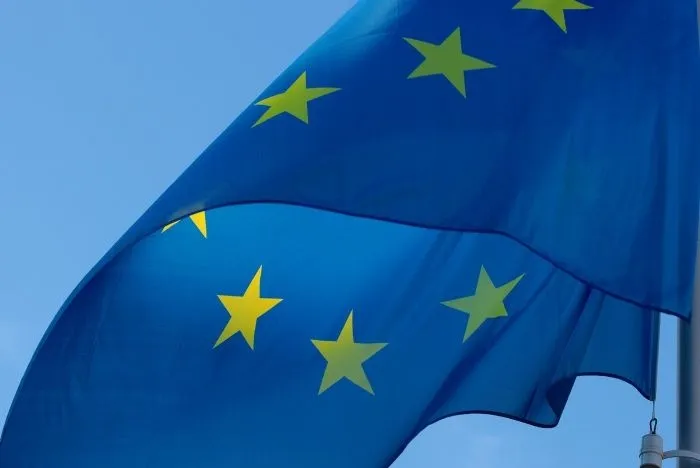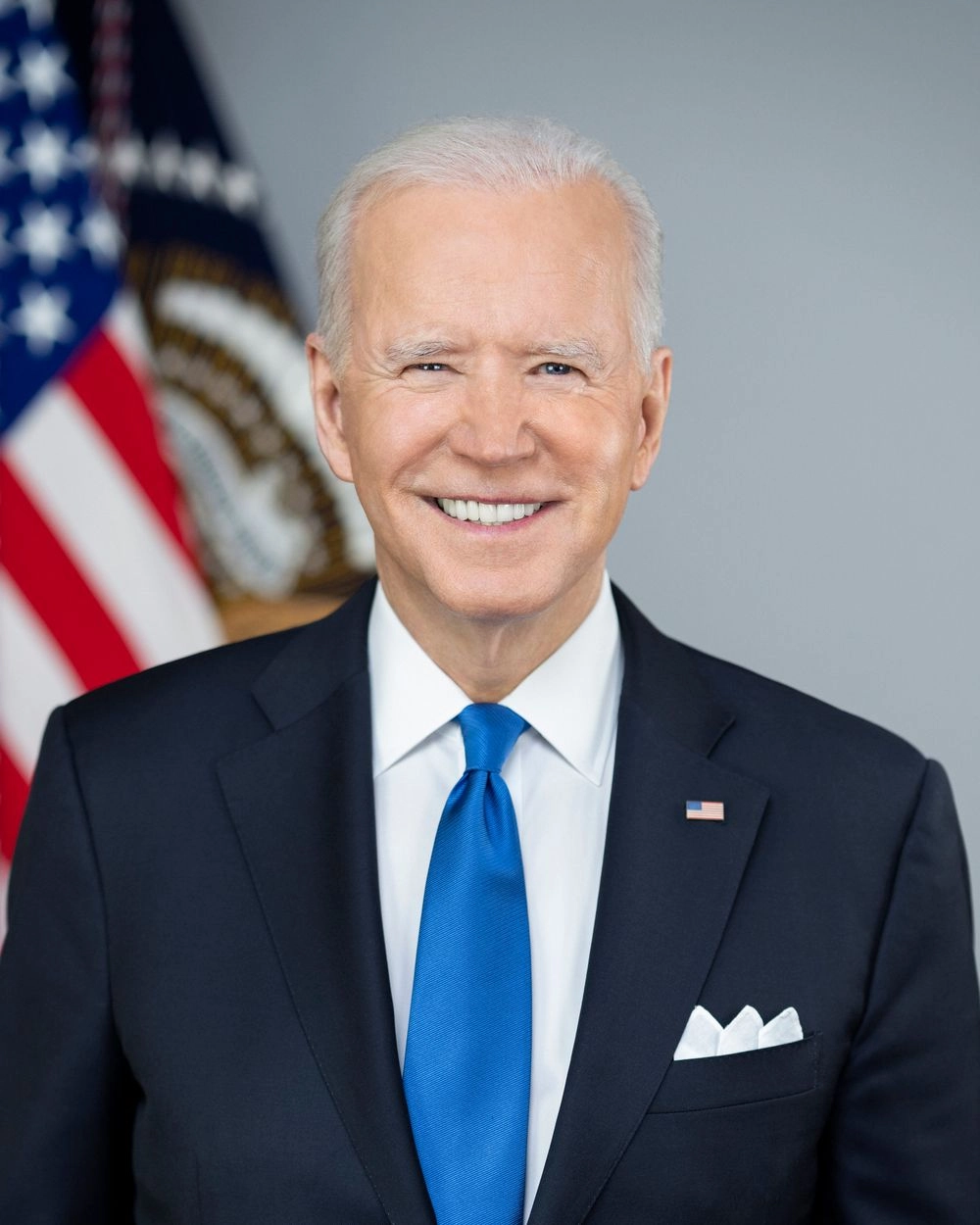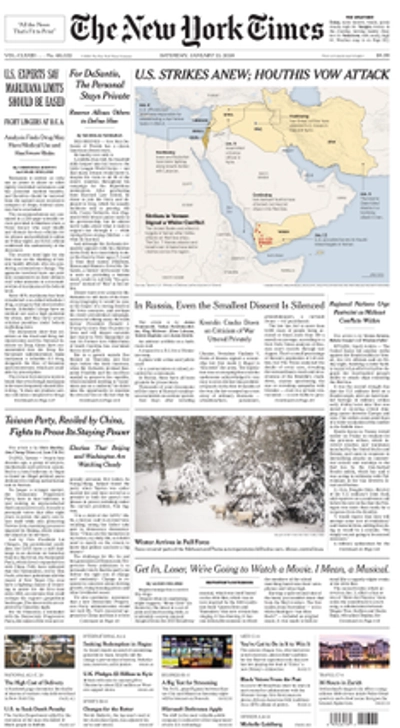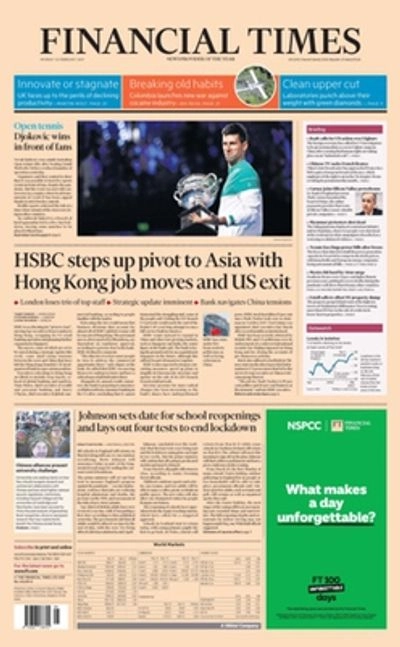
Economists predict only moderate economic growth in the EU: there are also geopolitical risks
Kyiv • UNN
The EU is facing moderate growth and possible geopolitical risks; economists expect a shallow recession and moderate recovery in 2024.
Despite the outpacing Despite wages outpacing inflation, economists' overall forecast points to weak growth, while the risks of geopolitical instability remain. This was reported by The Financial Times, reports UNN.
Details
The majority of of the respondents to the FT survey indicate that the single currency bloc is already in a recession, which is usually defined as two consecutive quarters consecutive quarters when gross domestic product declines compared to the previous quarter.
However, experts predict that the current contraction will be shallow and short-lived, with a return to moderately positive growth in the first quarter of 2024.
For the next year weak growth is expected for the next year: the Eurozone economy, according to experts, may grow by just over 0.6%. At the same time, real household incomes are expected to grow for the first time in three years.
Consumer price level: forecast to grow by slightly more than 2.5 percent, and in 2025 - slightly less than 2.1 percent.
The following may continue a further 1.6% drop in housing prices, as indicated by sluggish growth and and rising mortgage rates. There are also concerns about a possible crisis in the the commercial real estate sector.
The unemployment rate will rise from 6.5% to 6.9% by the end of 2023, according to economists surveyed by the FT.
Regarding. energy sector - there are still concerns about a possible shock in the energy supply - and this is despite the fact that Europe seems to be prepared for it thanks to full natural gas reserves and lower oil prices.
As noted by Catherine Nash, chief European economist at PGIM Fixed Income, said: "Europe remains constrained in its energy supply, so any concerns about energy supply could lead to a sharp rise in prices."
Among other factors impact: several economists told the FT that the potential Donald Trump's potential election as US president for a second time, as well as the possibility of a worse Ukraine's failure to defend itself against Russian aggression are the risks that could drag the Eurozone into a period of even weaker growth.
If the US leaves Ukraine and threatens the EU with a trade war, Europe and the world will suffer more than the US
From the perspective of Mahmoud Pradhan, head of global macro at Amundi Asset Management, the biggest risk for the eurozone is "a prolonged restrictive stance of monetary policy stance".
AddendumAddendum
It is important to to note that last year's forecasts of economists were too pessimistic: The eurozone performed better than expected thanks to the rapid abandonment of from dependence on Russian gas imports.





































